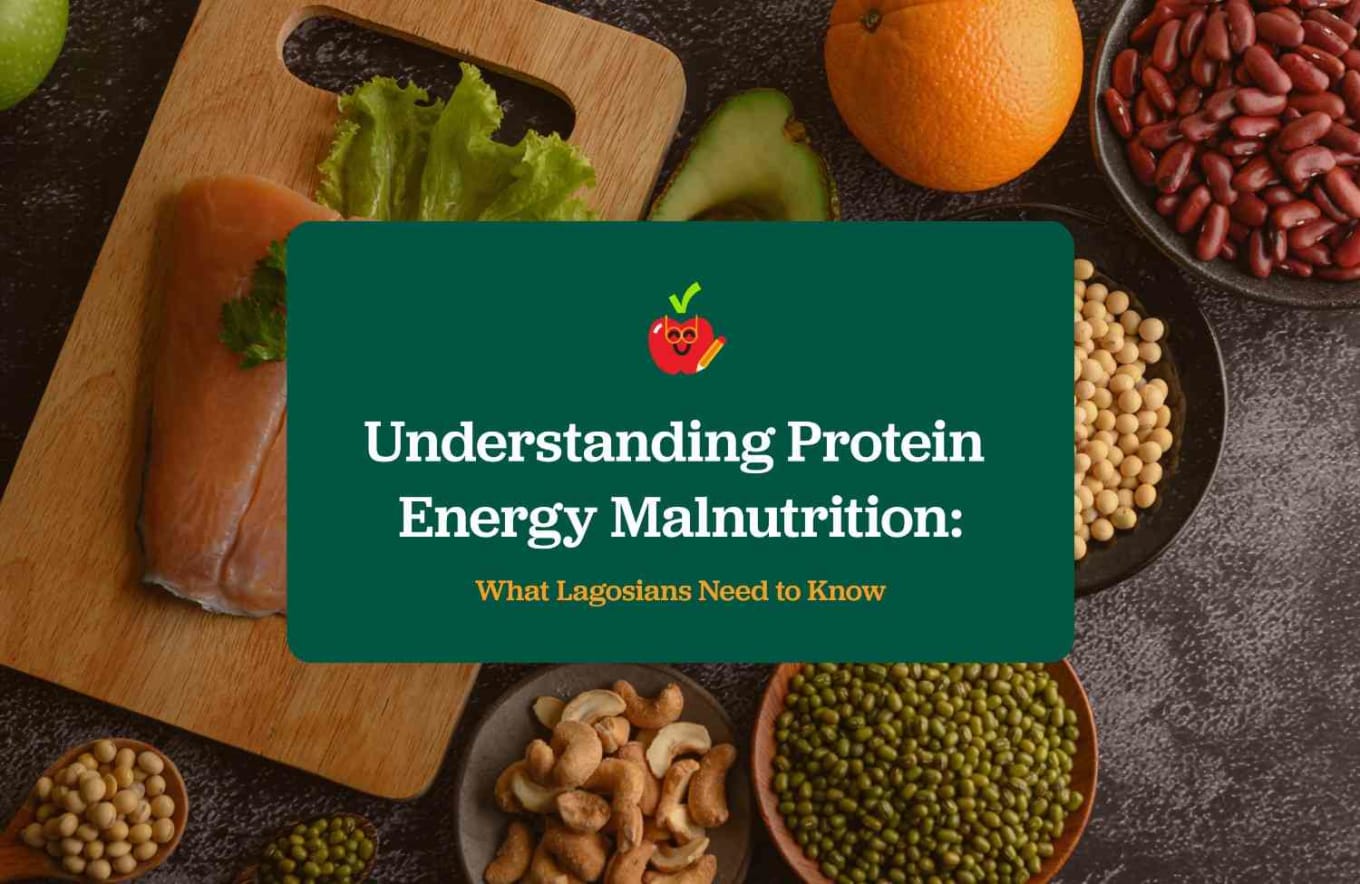Introduction
Protein Energy Malnutrition (PEM) is a serious health concern that affects individuals who do not eat enough protein and calories to meet their body’s needs. In a city like Lagos, where life is fast-paced and economic challenges can easily impact dietary choices, it’s essential to understand the causes, symptoms, and ways to prevent this condition.
Also read:
Healthy Meal Plans Made Easy
What is Protein Energy Malnutrition (PEM)?
PEM occurs when the body does not receive enough protein and energy (calories) for proper growth and function. This can lead to severe health issues, especially in children and populations such as the elderly and low-income families.
Causes of Protein Energy Malnutrition
Several factors contribute to PEM in Lagos, including:
- Economic Constraints: Many families struggle to afford protein-rich foods like meat, fish, and dairy, opting for cheaper, carbohydrate-heavy meals.
- Lack of Awareness: Some people may not fully understand how to have a balanced diet.
- Urban Lifestyle: Busy schedules often lead to reliance on fast food, which may lack the essential nutrients needed to maintain a healthy body.
- Food Insecurity: Limited access to affordable and nutritious food, particularly in low-income areas.
Signs and Symptoms to Watch Out For
Recognizing PEM early can make a significant difference. Some key indicators include:
- Physical Indicators: Wasting, stunted growth, hair discolouration, and skin changes.
- Behavioural and Cognitive Changes: Irritability, tiredness, poor concentration, and delayed developmental milestones in children.
The Impact of PEM on Different Age Groups
- Children: They suffer from growth stunting, weakened immunity, and cognitive impairments that can affect their future potential.
- Adults: Experience reduced energy levels, decreased productivity, and heightened risks of illnesses.
- Pregnant Women: They face heightened risks, including low birth weight and complications that endanger both mother and baby.
Preventing PEM
Prevention starts with making informed dietary choices and promoting good nutrition across all demographics. Some ways to prevent PEM include:
- Balanced Diet: Incorporating affordable protein sources such as beans, eggs, and plant-based proteins.
- Nutrition Education: Raising awareness about healthy eating habits through community programs and local health initiatives.
- Government Interventions: Strengthening policies that ensure access to affordable, nutritious food and healthcare services.
- Meal Planning: Preparing home-cooked meals with a good mix of protein, carbohydrates, and vitamins.
Conclusion
The path forward for Lagos in handling PEM requires collective effort. Small, consistent changes in dietary habits, informed decision-making, and community support can lead to a healthier, more nourished populace. By understanding the causes and taking steps to prevent it, Lagosians can work towards a healthier and more nourished population.


